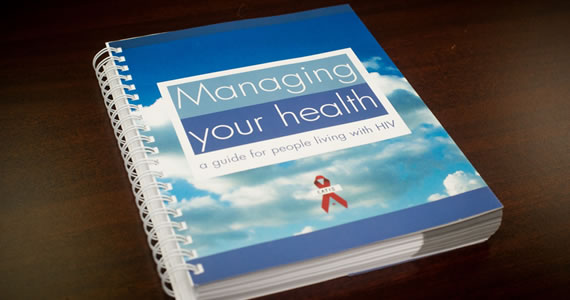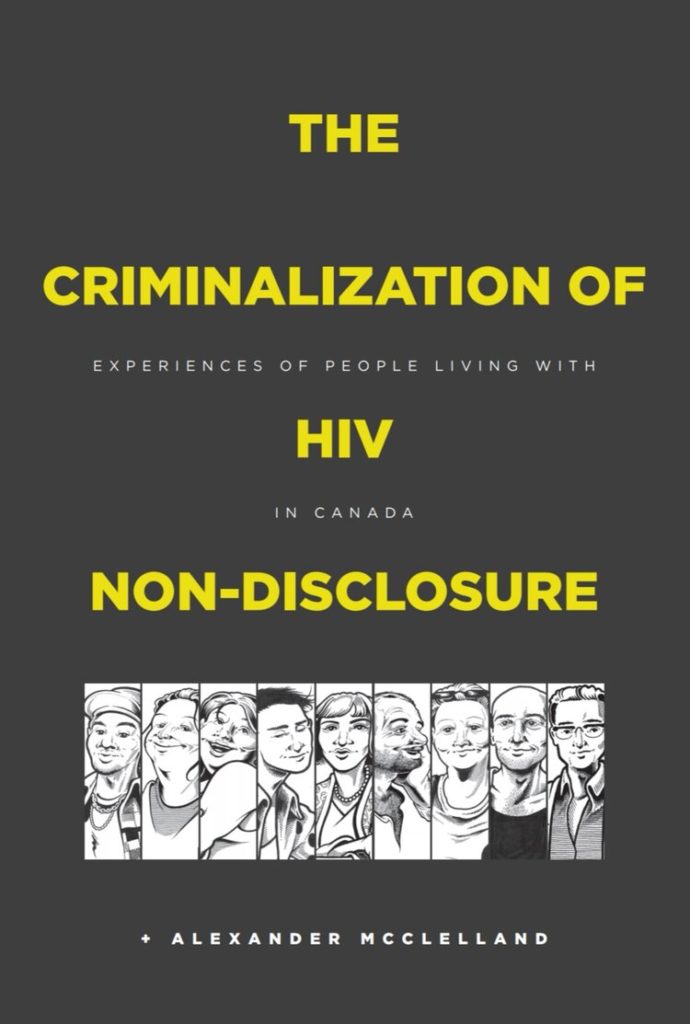Login
Signup
Prevention & Education

The AIDS Network’s education programs respond to the urgent need to inform and train individuals, organizations and communities about HIV/AIDS related topics. To request a speaker or more information contact us.
Human Immunodeficiency Virus (HIV) is a virus that weakens the immune system. The immune systems of people living with HIV may not allow them to fight off infections as well as people who do not have HIV (who are HIV negative). Acquired Immune Deficiency Syndrome (AIDS) is a medical diagnosis that is different from HIV. Without treatment, HIV can progress and cause AIDS. It is the most advanced stage of HIV infection when the damage to a person’s immune system leaves them susceptible to serious illnesses. You can have HIV without knowing it. You may not look or feel sick but you can still pass it on to others. Currently there is no vaccine and no cure for HIV/AIDS.
How does HIV get passed from one person to another?
Only five body fluids can contain enough HIV to infect someone:
- Blood
- Semen
- Anal fluids/mucous
- Vaginal fluids
- Breast milk
HIV can only get passed when one of these fluids from a person with a detectable viral load of HIV gets into the bloodstream of an HIV-negative person—through broken skin, the opening of the penis or the wet linings of the body, such as the vagina, rectum or foreskin.
HIV cannot pass through healthy, unbroken skin.
HIV cannot be transmitted when a person living with HIV has a stable undetectable viral load, even when one of these fluids gets into the bloodstream of an HIV-negative person.
The two main ways that HIV can get passed between you and someone else are:
- through unprotected sex (anal or vaginal sex without using an HIV prevention method, such as a condom and/or using PrEP)
- by sharing needles or other equipment to inject drugs (including steroids)
HIV can also be passed:
- by sharing needles or ink to get a tattoo
- by sharing needles or jewellery to get a body piercing
- by sharing acupuncture needles
- to a fetus or baby during pregnancy, birth or breast-feeding
HIV cannot be passed by:
- talking, shaking hands, working or eating with someone who has HIV
- hugs or kisses
- coughs or sneezes
- swimming pools
- toilet seats or water fountains
- bed sheets or towels
- forks, spoons, cups or food
- insects or animals
For more on how HIV is transmitted, please visit http://www.catie.ca/en/prevention/transmission page.
Looking for more information? Contact our Education Team or Book a training session with us. For additional information about HIV/AIDS in both English and French, please visit the website of Canadian AIDS Treatment Information Exchange(CATIE) – Canada’s source for HIV and hepatitis C information.
Hepatitis C
Hepatitis C (hep C) is a chronic liver disease caused by the hepatitis C virus (HCV). Hepatitis means “inflammation of the liver”. HCV causes inflammation and scarring of the liver. Hepatitis C is only spread through blood. The blood of a person infected with the hepatitis C virus must enter your blood stream for you to become infected. Currently, there is no vaccine for hepatitis C. Hepatitis C is NOT spread through any other bodily fluids such as:
- saliva
- sweat
- semen
- vaginal fluids
- urine
- breast milk, etc.
Risk Factors for Hepatitis C
High Risk:
- Sharing drug-use equipment for injecting or snorting drugs such as syringes, needles, straws, pipes, cookers, filters, etc. that has the hepatitis C virus on it.
- Using tattoo and body piercing equipment that has not been sterilized, including tattoo ink.
- Receiving a blood transfusion or blood products before 1992.
- Getting an accidental needle stick injury with a needle that carries infected blood.
Low Risk:
- Sharing personal hygiene items that could have blood on them such as razors, nail clippers, tooth brushes, etc.
- Sexual activities
- Mother-to-child transmission
No Risk:
- Hugging and kissing.
- Day-to-day contact with family or friends.
- Using public washrooms.
Hep C Prevention:
- Do not share equipment for drug snorting or injection.
- Do not share personal items that may have tiny amounts of blood on them such as razors, toothbrushes, nail clippers, etc.
- Discuss the fact that you have HCV with your sex partner(s).
- Use a latex condom or dental dam when having sex, particularly if having sex with a woman who is on her period.
- Clean blood spills with soap, water and disinfectant.
- Bandage over cuts and sores until healed.
- Tell people who come in contact with your blood that you have hepatitis C.
- Do not donate blood, organs, etc.
- Tattooing is safest in a professional studio with a sterilizer, sterile equipment and needles and new ink. If you’re in prison or doing it yourself, have your own tattoo gun and ink, and don’t share. Quick Facts About Hepatitis C (HCV)
- It is estimated that 250,000 people in Canada are living with HCV.
- 3,200 – 5,000 individuals are newly infected with HCV each year.
- Acute hepatitis C is the first stage of infection.
- Chronic hepatitis C is when the virus lives in the body for more than six months. In some cases it may lead to cirrhosis (a condition in which healthy liver cells are replaced by scar tissue) or liver cancer, both of which affect the liver’s ability to function.
For additional information about hepatitis C in both English and French, please visit www.hepcinfo.ca – Canada’s source for hepatitis C information.
Resources for getting tested








